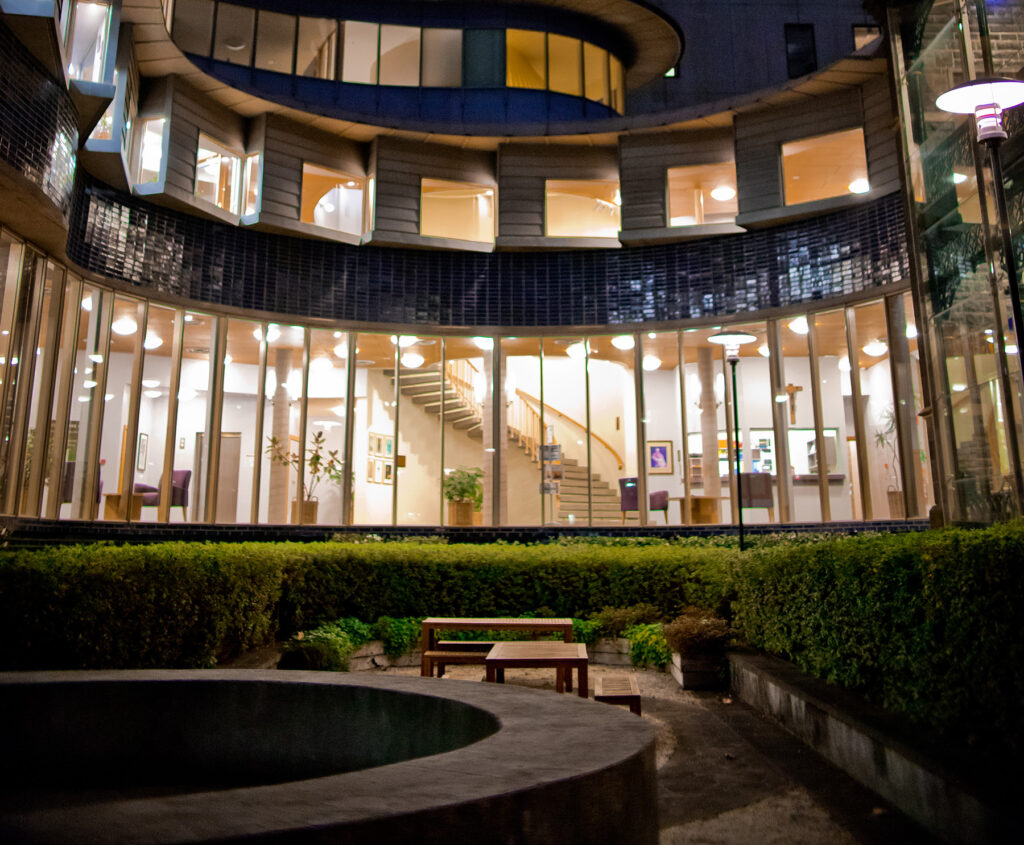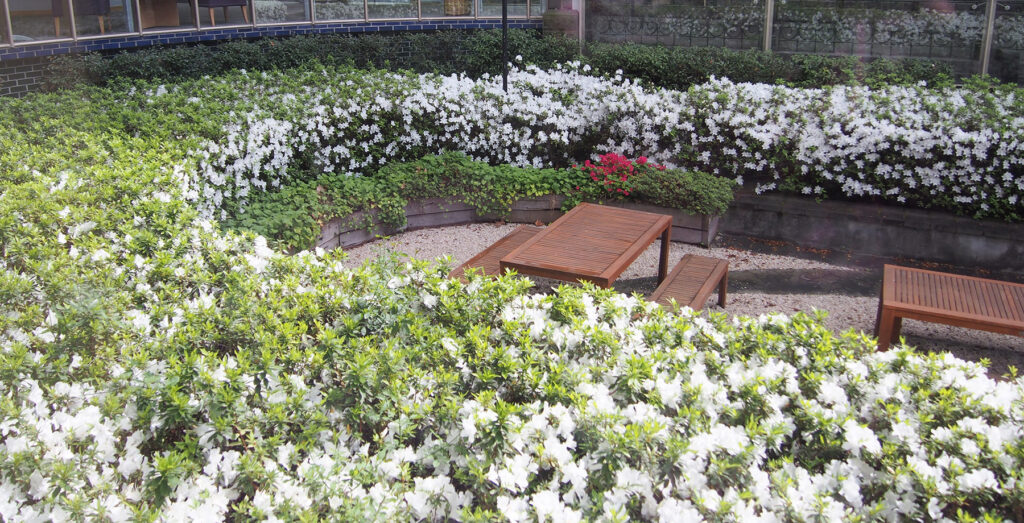Current Students
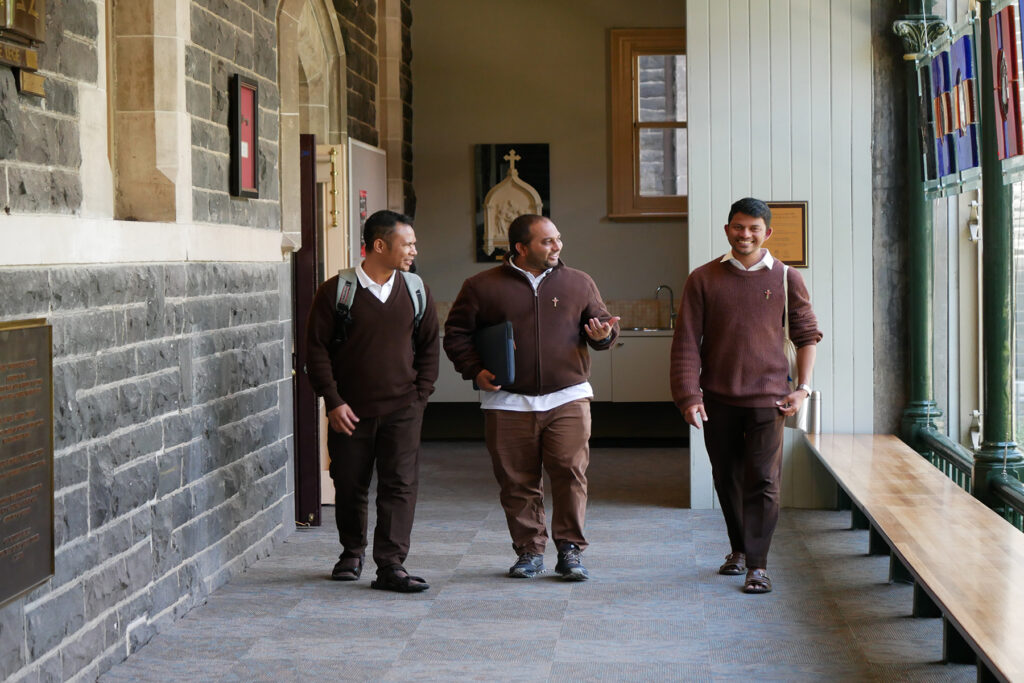
2026 reenrolments
open on Monday
3 November
Reenrol now for 2026
Continuing students must reenrol in 2026. Speak with your course advisor to discuss your units or any change in your study plans.
Semester 2 2025 Results
Results will be officially published on Friday 12 December 2025. To access your results, go to Paradigm.
Manage your enrolment

ARK Learning Management System
Access the learning resources and assessment information via ARK here. Any questions? Visit the ARK support page.

Paradigm
Visit the University online database to view your current enrolment and receive your results.
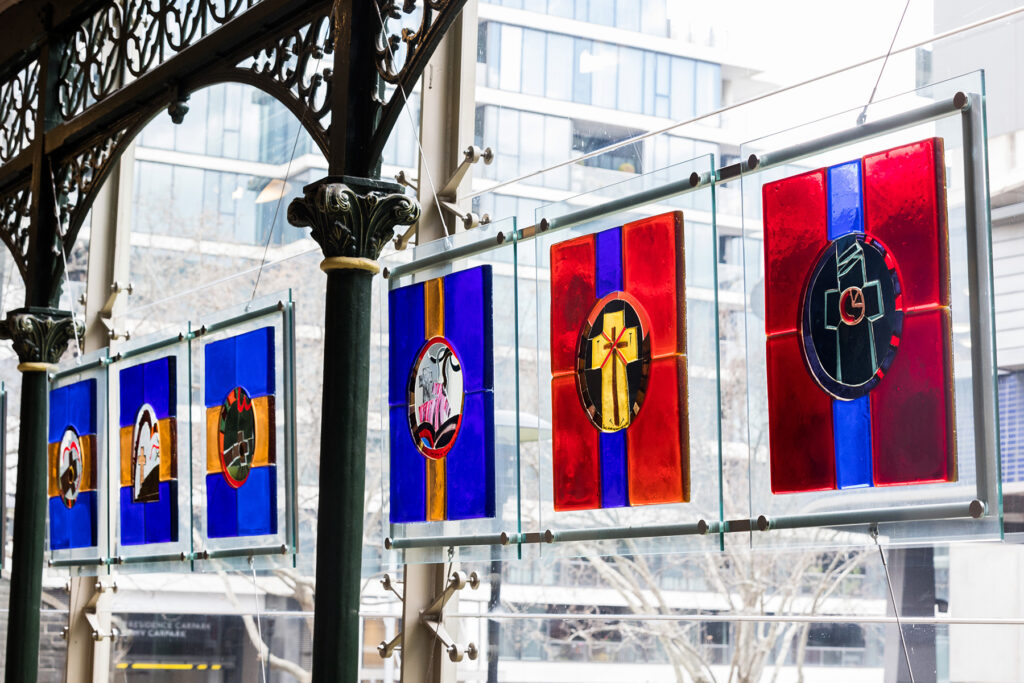
Know your responsibilities to carry out your duties as students of the University. Learn about the policies that the University has to support you.
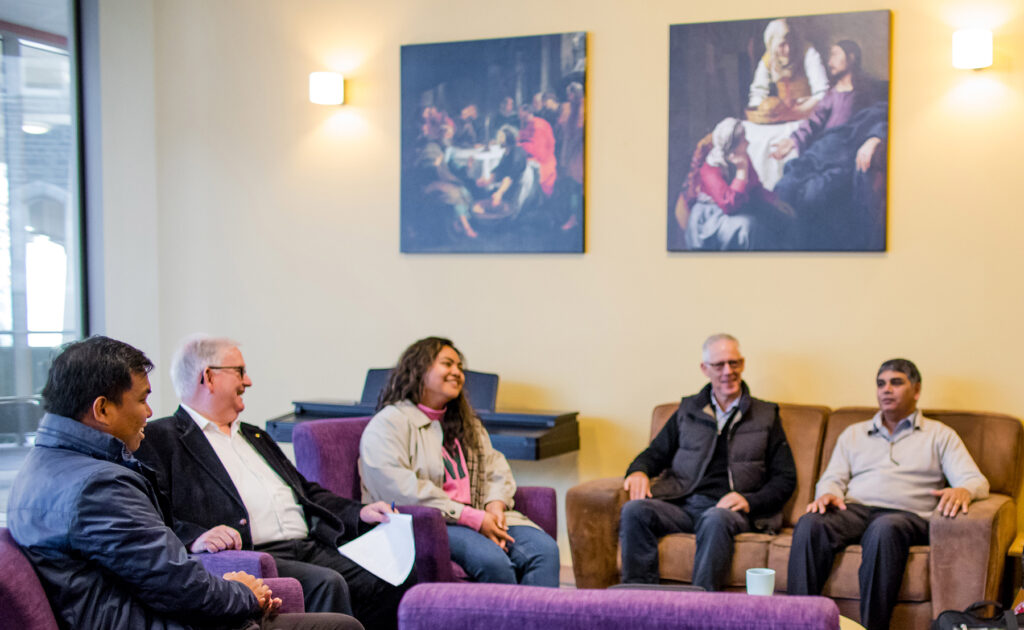
Student Support
To learn more about the range of assistance we offer, please visit our student support page.
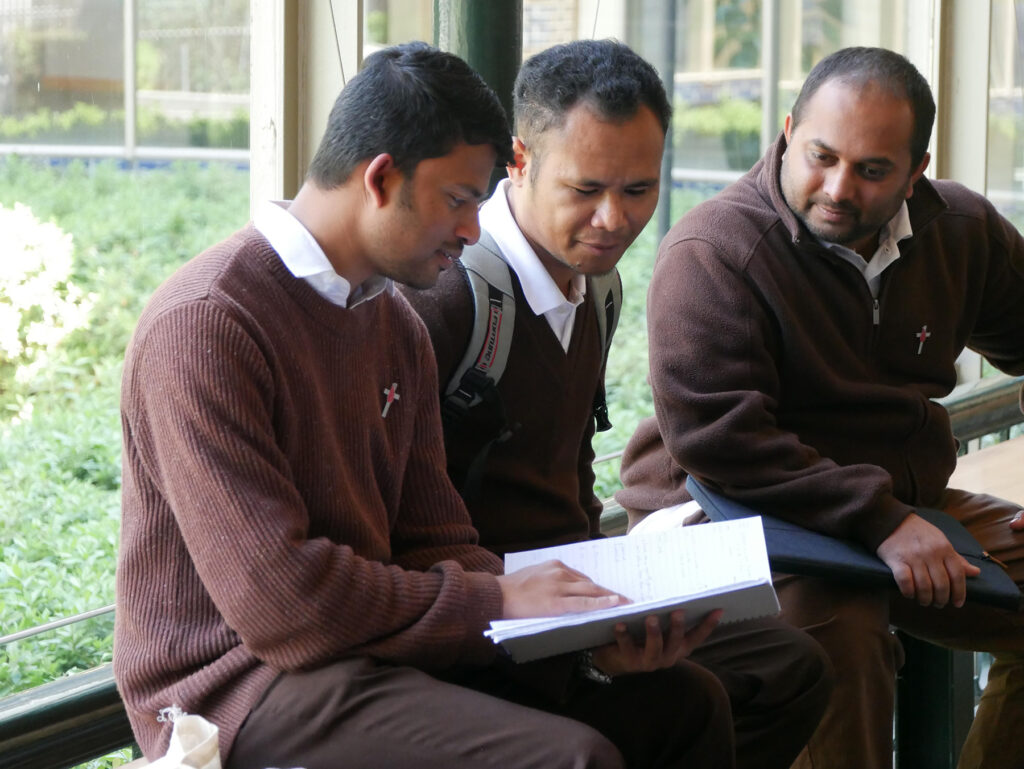
Overseas Students
Discover what is required to turn a study opportunity into a reality by visiting our overseas student page.

Library
Acquaint yourself with the rich variety of resources on offer by visiting the Mannix Library and the Library hub. See our Style Guide.
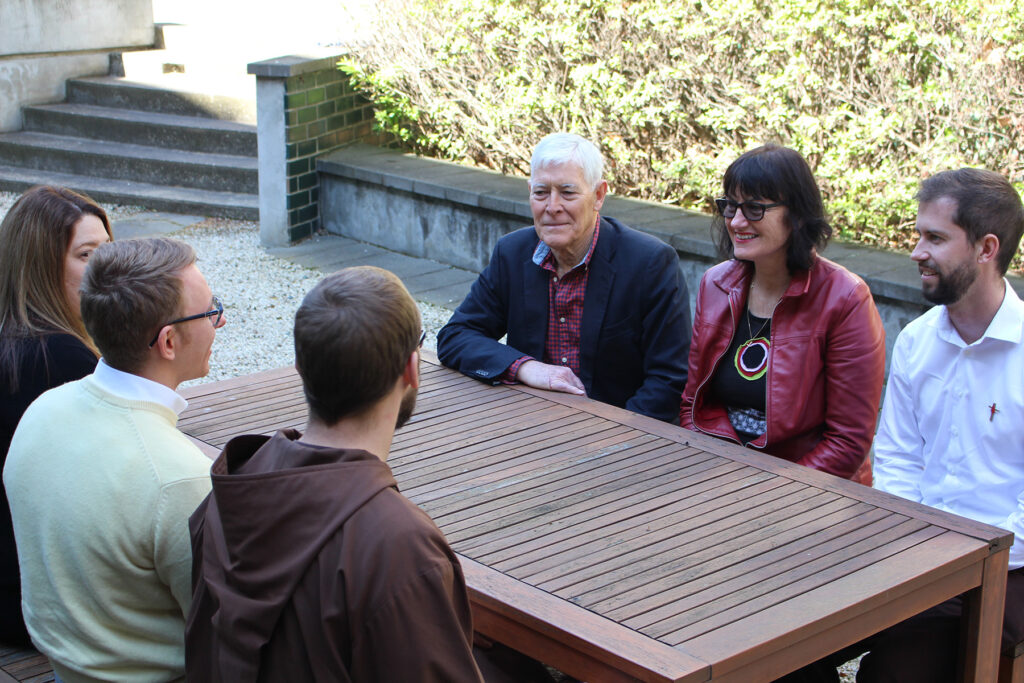
CTC Student Essentials
Everything essential to your study life at CTC, in one place. Visit CTC Student Essentials on ARK.
From the Registrar Newsletters
Graduation
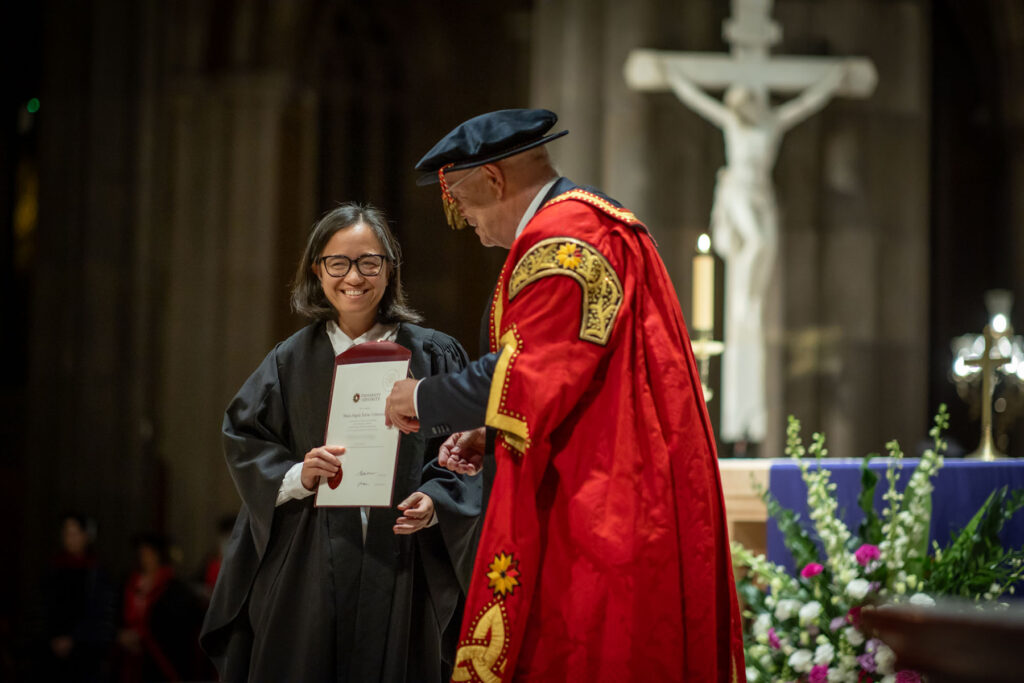
Graduation procedures
Find out everything you need to know about completing your course of study, receiving your academic documents and how to prepare for your graduation ceremony.
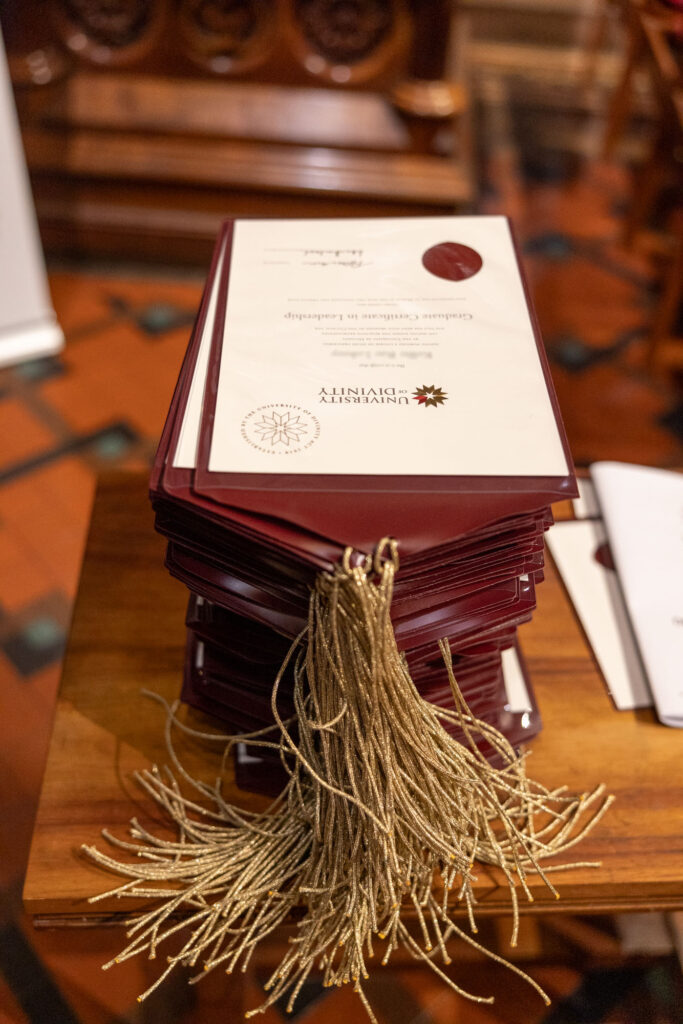
Academic Documents
- All graduates receive three academic documents.
- Students or graduates may apply for copies of academic documents, on payment of the prescribed fee.
